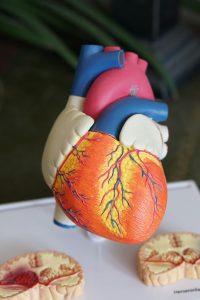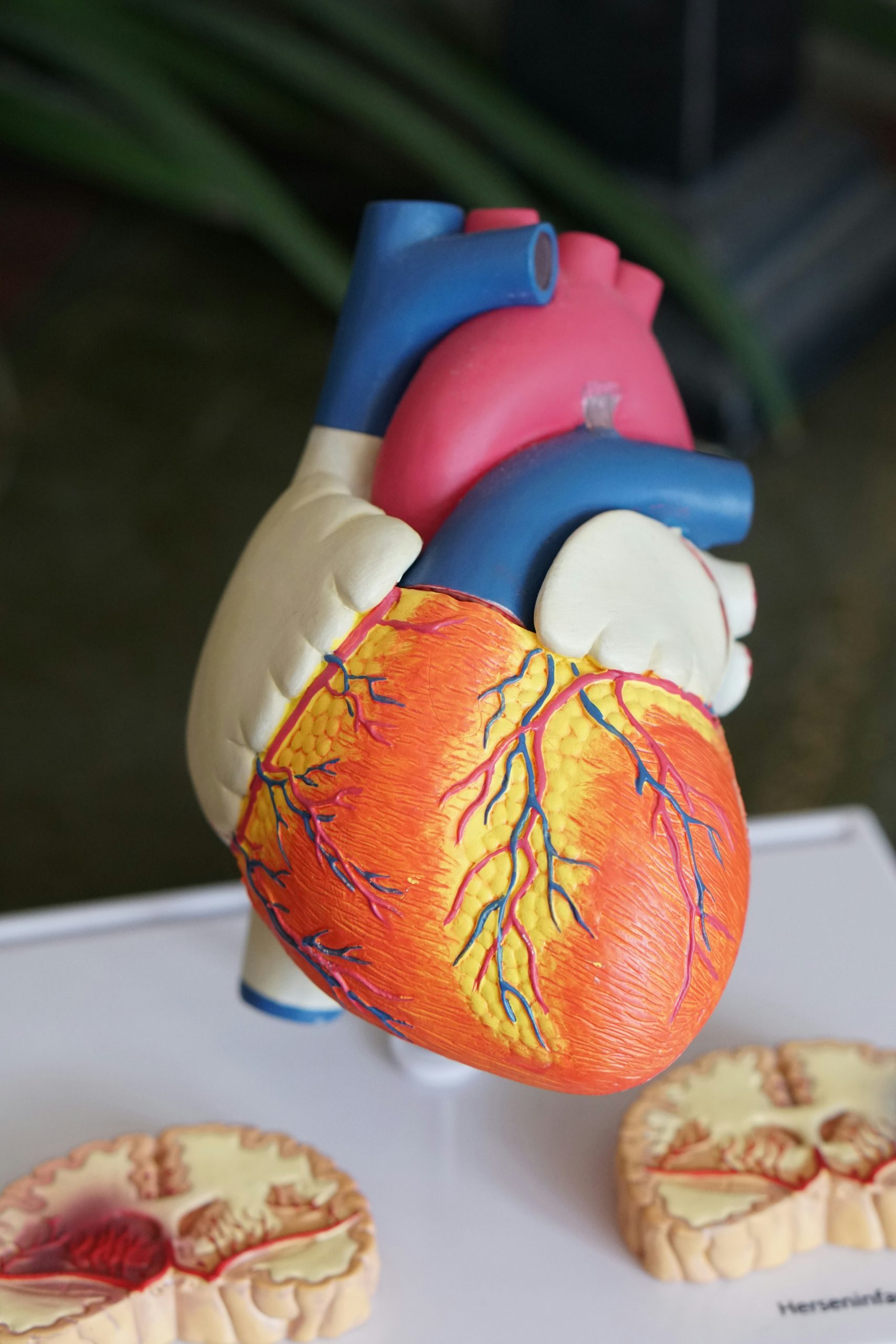Cardiac Rehabilitation: A Path to Heart Health
Cardiac rehabilitation is an essential programme designed to help individuals recover from heart-related conditions, including heart attacks, heart surgeries, and other forms of cardiovascular disease. It combines exercise, education, and emotional support to improve heart health and reduce the risk of future heart problems. In the UK, cardiac rehabilitation is widely recognised as a key part of cardiovascular care, significantly improving quality of life for many patients.
What is Cardiac Rehabilitation?
Cardiac rehabilitation (or cardiac rehab) is a structured, medically supervised programme aimed at improving cardiovascular health after a heart event. It typically involves a multidisciplinary team of healthcare professionals, including doctors, nurses, physiotherapists, dietitians, and psychologists. The programme focuses on three main areas:
- Exercise Training: Tailored to each individual’s needs, exercise helps strengthen the heart and improve circulation, stamina, and overall fitness.
- Education: Providing patients with information on heart-healthy living, including diet, medication, and lifestyle changes, is a core element of rehabilitation.
- Emotional Support: Managing the psychological effects of heart disease is essential, and counselling or support groups help address issues such as anxiety or depression.
The Importance of Cardiac Rehabilitation
Cardiac rehab is not just about helping patients recover from a heart attack or surgery; it’s about empowering them to make lifestyle changes that support long-term heart health. Several benefits include:
- Improved Physical Fitness: Exercise training helps patients rebuild their strength and endurance.
- Reduced Risk of Future Heart Events: By promoting healthy lifestyle habits and managing risk factors, cardiac rehab significantly lowers the risk of subsequent heart attacks or other cardiac issues.
- Better Mental Health: Rehabilitation offers emotional and psychological support, helping to reduce stress, anxiety, and depression associated with heart conditions.
- Enhanced Quality of Life: Participants often report feeling more energetic, confident, and capable of resuming daily activities and work.
Who is Cardiac Rehabilitation For?
Cardiac rehabilitation is recommended for a wide range of individuals who have experienced heart conditions, including:
- Those who have had a heart attack
- Patients recovering from heart surgery, such as bypass surgery or valve replacement
- People diagnosed with heart failure or angina
- Individuals who have had a stent or angioplasty
In the UK, the NHS offers cardiac rehabilitation programmes in hospitals, community centres, and increasingly, online. These programmes are typically 6 to 12 weeks long, but the duration can vary depending on the individual’s needs and progress.
What to Expect During a Cardiac Rehab Programme
Each cardiac rehab programme is tailored to the individual, but generally, it involves:
- Initial Assessment: A thorough evaluation of the patient’s physical health, medical history, and emotional state. This assessment allows the healthcare team to create a personalised rehabilitation plan.
- Supervised Exercise: Gentle exercises like walking, cycling, or swimming are introduced under the supervision of healthcare professionals. Over time, the intensity may increase, helping patients regain cardiovascular strength.
- Educational Workshops: These sessions provide practical advice on heart health, such as how to manage blood pressure, cholesterol levels, and stress. Dietary guidance is also offered to encourage heart-healthy eating habits.
- Emotional and Psychological Support: Many programmes include counselling or support groups where patients can discuss their feelings, fears, and concerns with professionals and peers.
- Long-Term Management: After completing the programme, patients are given tools to maintain their heart health. This often includes continued exercise routines, medication adherence, and lifestyle changes like quitting smoking or reducing alcohol intake.
Challenges and Barriers to Cardiac Rehabilitation
While the benefits of cardiac rehab are well-documented, many patients do not fully participate. Barriers to attending or completing rehabilitation can include:
- Geographical access: For some, travelling to a rehabilitation centre may be difficult, especially in rural areas.
- Work and Family Commitments: Balancing work, family, and other responsibilities can make attending regular sessions challenging.
- Psychological Barriers: Fear, anxiety, or a lack of confidence can prevent some people from engaging with the programme.
Innovations in digital health, such as virtual or home-based rehabilitation programmes, are helping to address some of these barriers. These allow patients to follow the rehabilitation plan from the comfort of their home, using online tools and remote support from healthcare professionals.
Conclusion
Cardiac rehabilitation plays a vital role in the recovery and ongoing health of individuals with heart disease. By offering a combination of exercise, education, and emotional support, these programmes not only help patients regain their physical strength but also empower them to make lifestyle changes that can significantly reduce the risk of future heart problems. In the UK, cardiac rehab is a crucial part of the journey to heart health, offering hope, strength, and a path to recovery for thousands of individuals each year.
If you or a loved one have experienced a heart event, speak to your healthcare provider about the benefits of cardiac rehabilitation and how to get started on the path to a healthier heart.


